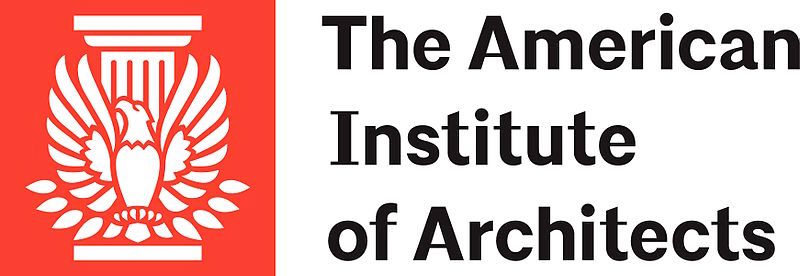The American Institute of Architects (AIA) recently released the 2017 edition of the A201 family of documents.
This release includes updated versions of the AIA’s flagship documents developed for the design-bid-build delivery model. The AIA Documents Committee updates this core set of documents every 10 years.
“It is critically important that industry professionals learn about the 2017 revisions,” says Kenneth Cobleigh, Esq., Managing Director and Counsel of AIA Contract Documents. “The changes impact the roles and responsibilities of each of the parties directly, and understanding the changes will help everyone to promptly review and finalize project contracts.”
Major owner/architect changes include:
- Single Sustainable Projects Exhibit that can be used on any project and added to most AIA contracts to address risks and responsibilities associated with sustainable design and construction services.
- Agreements contain a fill point to prompt the parties to discuss and insert an appropriate “Termination Fee” for terminations for the owner’s convenience.
- Architect is no longer required to re-design for no additional compensation if he or she could not have reasonably anticipated the market conditions that caused the bids or proposals to exceed the owner’s budget.
- Services beyond Basic Services and identified at the time of agreement are now categorized as Supplemental Services, to avoid confusing them with Additional Services that arise during the course of the project.
- Agreements clarify how the Architect’s progress payments will be calculated if compensation is based on a percentage of the owner’s budget for the Work.
Related Stories
| Sep 8, 2022
U.S. construction costs expected to rise 14% year over year by close of 2022
Coldwell Banker Richard Ellis (CBRE) is forecasting a 14.1% year-on-year increase in U.S. construction costs by the close of 2022.
| Aug 29, 2022
Montana becomes first U.S. state to approve 3D printing in construction
Montana is the first U.S. state to give broad regulatory approval for 3D printing in building construction.
| Aug 25, 2022
New York City’s congestion pricing aims to reduce traffic, cut carbon
Officials recently released an environmental assessment that analyzes seven different possible pricing schemes for New York City’s congestion pricing program.
| Aug 23, 2022
New Mass. climate and energy law allows local bans on fossil fuel-powered appliances
A sweeping Massachusetts climate and energy bill recently signed into law by Republican governor Charlie Baker allows local bans on fossil fuel-powered appliances.
| Aug 22, 2022
Gainesville, Fla., lawmakers moved to end single-family zoning
The Gainesville City Commission recently voted to advance zoning changes that would allow duplexes, triplexes, and quadplexes to be built on land currently zoned for single-family homes.
| Aug 16, 2022
DOE funds 18 projects developing tech to enable buildings to store carbon
The Department of Energy announced $39 million in awards for 18 projects that are developing technologies to transform buildings into net carbon storage structures.
| Aug 11, 2022
Report examines supposed conflict between good design and effective cost management
A report by the American Institute of Architects and the Associated General Contractors of America takes a look at the supposed conflict between good design and effective cost management, and why it causes friction between architects and contractors.
| Aug 10, 2022
U.S. needs more than four million new apartments by 2035
Roughly 4.3 million new apartments will be necessary by 2035 to meet rising demand, according to research from the National Multifamily Housing Council (NMHC) and National Apartment Association.
| Aug 9, 2022
Work-from-home trend could result in $500 billion of lost value in office real estate
Researchers find major changes in lease revenues, office occupancy, lease renewal rates.
Legislation | Aug 8, 2022
Inflation Reduction Act includes over $5 billion for low carbon procurement
The Inflation Reduction Act of 2022, recently passed by the U.S. Senate, sets aside over $5 billion for low carbon procurement in the built environment.

















